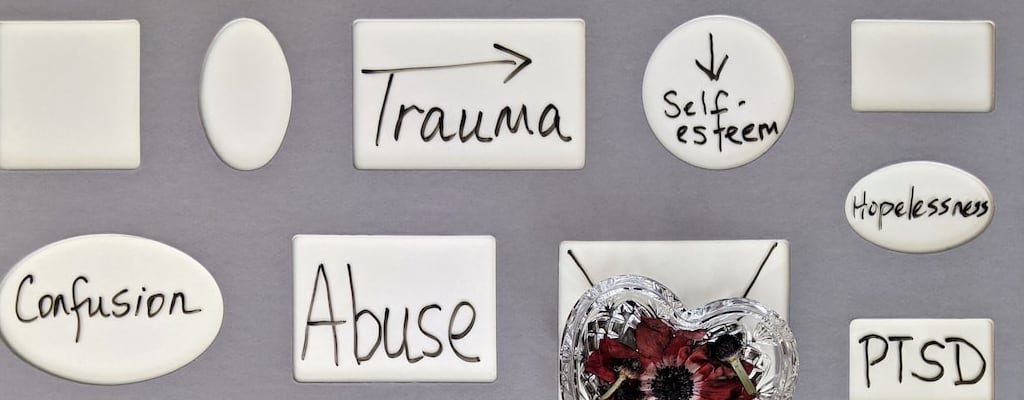take pride: Idiom Meaning and Origin
What does ‘take pride’ mean?
The idiom "take pride" means to feel a sense of satisfaction or pleasure in one's achievements, abilities, or personal qualities. It implies a feeling of self-respect and a recognition of one's own worth or value.

Idiom Explorer
The idiom "take one's hat off to" means to show admiration or respect for someone's achievement or actions.
The idiom "take kindly" means to react or respond to something in a positive or friendly manner.
The idiom "take it upon oneself" means to assume responsibility or take on a task without being asked or obligated to do so.
Analyze the idiom "take great pains":
The idiom "take great pains" means to put in a lot of effort and care to achieve something or complete a task.
The idiom "take a stand" means to publicly express one's opinion or position on a certain issue, often in a bold and assertive manner.
The idiom "take a bow" means to receive recognition or applause for one's achievements or performance. It is often used when someone has done something well and is being acknowledged by others.
The idiom "strut one's stuff" means to show off one's abilities or talents confidently and proudly. It implies a sense of self-assurance and a desire to impress others with one's skills or accomplishments.
An idiom meaning to improve one's skills or performance in order to achieve better results or compete at a higher level.
Unleashing Inner Sense of Accomplishment
When examining the idiom "take pride," several facts emerge that shed light on its meaning and usage. This idiom is commonly used in the English language, particularly in the United States. It portrays a sense of personal satisfaction and a feeling of accomplishment in one's achievements or qualities. The idiom often conveys a positive sentiment, reflecting the importance of self-worth and confidence in one's abilities.
An analysis of the idiom "take pride" reveals a coherent structure that encompasses its meaning and significance. Firstly, the idiom is rooted in the term "pride," which carries a notion of self-esteem and satisfaction. When coupled with the verb "take," it implies an active decision or choice to embrace and acknowledge one's accomplishments or qualities. This structure affirms the individual's agency and ownership of their pride.
Furthermore, the idiom "take pride" is not limited to personal achievements but also extends to communal and collective aspects. It embodies a sense of group identity and unity, as individuals within a community or society can collectively share and express their pride. This broader application of the idiom emphasizes the importance of shared values and accomplishments in fostering a sense of belonging and cohesion.
Additionally, the usage of the idiom "take pride" encompasses a range of contexts. It can manifest in various aspects of life, including professional accomplishments, personal relationships, and cultural heritage. This versatility highlights the universal nature of pride as a fundamental human emotion, transcending specific domains and cultures.
The idiom "take pride" holds cultural significance within the United States. It resonates with notions of the American Dream and the pursuit of success, emphasizing the value placed on personal achievement and individualism. This cultural association reinforces the idiom's prevalence and usage in American English, further reinforcing its distinct meaning and context.
The idiom "take delight in," closely related to "take pride," conveys a similar sentiment of finding joy and pleasure in something. It emphasizes the enjoyment and appreciation of a particular experience, accomplishment, or quality. While "take pride" focuses on personal satisfaction and accomplishment, "take delight in" emphasizes the positive emotions and pleasure associated with the object of delight. Both idioms underscore the significance of personal experiences and emotions in shaping one's sense of self-worth and fulfillment.
Similarly, the idiom "pleased with oneself," also related to "take pride," expresses a sense of satisfaction and contentment in one's own actions or qualities. It conveys a positive self-evaluation and a recognition of one's abilities or achievements. "Pleased with oneself" aligns closely with the notion of "take pride" as it highlights the importance of self-acknowledgment and self-confidence. Both idioms capture the essence of personal fulfillment and the value of recognizing one's accomplishments.
The idiom "take pride" conveys a sense of personal satisfaction and accomplishment, emphasizing the importance of acknowledging one's achievements or qualities. Its usage extends beyond the individual to encompass communal and national pride, reflecting the universal nature of this emotion. Embedded within cultural and social contexts, this idiom resonates with the values and aspirations of individuals, particularly in the United States. Through its various applications, "take pride" invites individuals to recognize their successes and embrace their unique qualities. As a result, it remains a prominent and enduring idiom in the English language, representing the subtle complexities of human emotions and aspirations.
Example usage
Examples of how the idiom "take pride" can be used in a sentence:
- She takes pride in her work and always gives her best effort.
- He takes pride in his appearance and always dresses impeccably.
- We take pride in our community and actively participate in local events.
More "Emotions" idioms



